November 18, 2011
No Comments
Many of my poems reflect a continuing interest in perception and how we try to capture fleeting moments with language. The art that comes closest to what I’m trying to do in poetry is photography, the exploration of things in the world (and in ourselves) from various angles. The attempt to penetrate surfaces by using the very surfaces themselves.
I just re-read a piece in an old issue of Round Table Review that has helped me to understand what I’m after in poetry. In an article entitled “This Talk of ‘Soul’: What Does It Mean?,” Mary Stamper quotes James Hillman from his work Revisioning Psychology: “By soul I mean, first of all a perspective rather than a substance, a viewpoint toward things rather than a thing in itself. This perspective is reflective; it mediates events and makes differences between ourselves and everything that happens. Between us and events, between the doer and the deed, there is a reflective moment—and soul-making means differentiating this middle ground…. (qtd. in Round Table Review, Jan/Feb 1995, 7)
I’m trying to get into my poems the way we actually perceive the world, inner and outer, from the soul’s perspective, how the two collide and collude in the brain, the poem a reflection of that activity. Charles Olson and Denise Levertov were after the shape of the inner voice—they tried to capture how that sounded on the page. Others try to recreate the external world in traditional lyrics, or narratives, or some combination of the two.
I want the dimension in-between, where both come together; it’s a more accurate rendering of how we perceive. It seems only art and dreams can begin to duplicate that world for us. This idea connects to what Stamper says: “This means death of the notion that things appear to the soul in the same way that they appear in everyday contexts, that soul understands things in the same way that our egos do” (Round Table Review, Jan/Feb 1995, 8).
I also see a relationship between impressionist and some kinds of abstract paintings and the poetry I want to write—of just suggesting something. Giving only enough information/detail to set the imagination working. I don’t want everything spelled out. I want mystery in my poems, new worlds. Or as Mark Rothko responded when he was visiting Greece and someone there commented on Rothko’s striped paintings: “‘Why don’t you paint our temples.’ Rothko replied, ‘Everything I paint is a temple.'”
I’d like to think that everything I write is one. There seems some evidence for the idea that we are changed by the things we create—actually shaped by them. Ralph Ellison shares this idea. He says the novels we write create us as much as we create them. And Joseph Brodsky believes language has a life outside of us and uses the writer.
Language is absolutely mysterious in its relationship to humans and the things it touches.
Pen-L Press will be publishing my novel Fling in 2015. A wildly comic romp on mothers, daughters, art, and death, the book should appeal to a broad range of readers. While the main characters are middle-aged and older, their zest for life would draw readers of all ages, male or female, attracting the youthful adventurer in most people. Though women may identify more readily with Feather and Bubbles’ daughter and mother struggles, the heart of the book is how they approach their aging selves and are open to new experiences. Since art and imagination are key to this narrative, artists of all ages would find something to enjoy. And because the book crosses many borders (Scotland, Canada, the U.S., and Mexico), it also can’t be limited to a specific age group, social class, gender, or region.
My first fan letter for Fling came from an 80 year-old woman who lives in the tiny village of Christina Lake, B.C. My son, who also lives there, had given her my manuscript to read. She said, “I just wanted to express to you how very much I enjoyed your writing. I started it and didn’t stop till I had read it all. I very much like your style and your subtle humor. Thank you for a most enjoyable read. I can’t understand why it hasn’t been scooped up by some publisher. But I know that it will be. In my estimation I know that it is excellent literary work. I am a voracious reader and have been since grade 4. I remember my first book was Tom Sawyer and I have never stopped since then. I go through 4 to 5 books a week. We are so fortunate here at the Lake now. The Library staff in Grand Forks come out here every Wednesday. I have become very fond of the young lady who comes out. She provides me with all the award winning books and orders others for me. Again I want to express to you how very much I enjoyed your manuscript. Have patience my dear….it will be published to wide acclaim I am so sure.” —Joan Fornelli.
Here is a synopsis:
Feather, an aging hippie, returns to her Calgary home to help her mother, Bubbles, celebrate her 90th birthday. Bubbles has received mail from the dead letter office in Mexico City, asking her to pick up her mother’s ashes, left there seventy years earlier and only now surfacing. Bubbles’ mother, Scottish by birth, had died in Mexico in the late 1920s after taking off with a married man and abandoning her husband and kids.
A woman with a mission, and still vigorous, Bubbles convinces a reluctant Feather to take her to Mexico so she can recover the ashes and give her mother a proper burial. Both women have recently shed husbands and have a secondary agenda: they’d like a little action. And they get it.
Alternating narratives weave together Feather and Bubbles’ odyssey with their colorful Scottish ancestors, creating a family tapestry. The “now” thread presents the two women as they travel south from Canada to San Francisco and then Mexico, covering a span of about six months. “Now” and “then” merge in Mexico when Bubbles’ long-dead mother, grandmother, and grandfather turn up, enlivening the narrative with their antics.
In Mexico, the land where reality and magic co-exist, Feather gets a new sense of her mother. The Indian villagers mistake Bubbles for a well-known rain goddess, praying for her to bring rain so their land will thrive again. Feather, who’s been seeking “The Goddess” for years, eventually realizes what she’s overlooked.
Meanwhile, Bubbles’ quest for her mother’s ashes (and a new man) has increased her zest for life. A shrewd business woman (she’s raised chickens, sold her crafts, taken in bizarre boarders, and has a sure-fire system for winning at bingo and lotteries), she’s certain she’s found the fountain of youth at a mineral springs outside San Miguel de Allende; she’s determined to bottle the water and sell it.
But gambling is her first love, and unlike most women her age, fun-loving Bubbles takes risks, believing she’s immortal. Unlike her daughter, Bubbles doesn’t hold back in any way, eating heartily, lusting after strangers, her youthful spirit and innocence convincing readers that they’ve found the fountain of youth themselves in this character. At ninety, she comes into her own, coming to age, proving it’s never too late to fulfill one’s dreams.
Fling, a meditation on death, mothers and daughters, and art, suggests that the fountain of youth is the imagination, and this is what they all discover in Mexico. It’s what Bubbles wants to bottle, but she doesn’t need to. She embodies it. The whole family does.
 I opened the I Ching at random this morning and came up with #38, K’uei / Opposition. The commentary says it is common for two opposites to exist together, needing to find relationship. I realize an opposition is being set up just in the act of writing my memoir Drop Out: my inner writer will be observing everything I do closely and recording what she finds valuable. I’m reminded of a review of Journey into the Dark: The Tunnel by William Gass that appeared in The New York Times Book Review: (more…)
I opened the I Ching at random this morning and came up with #38, K’uei / Opposition. The commentary says it is common for two opposites to exist together, needing to find relationship. I realize an opposition is being set up just in the act of writing my memoir Drop Out: my inner writer will be observing everything I do closely and recording what she finds valuable. I’m reminded of a review of Journey into the Dark: The Tunnel by William Gass that appeared in The New York Times Book Review: (more…) unds that enriched him in every way. It also gave him an opportunity to drop out of the daily treadmill and think without interruption for a long period of time.
unds that enriched him in every way. It also gave him an opportunity to drop out of the daily treadmill and think without interruption for a long period of time.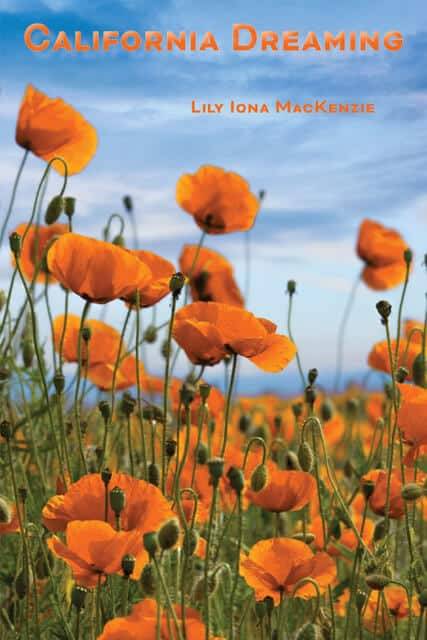
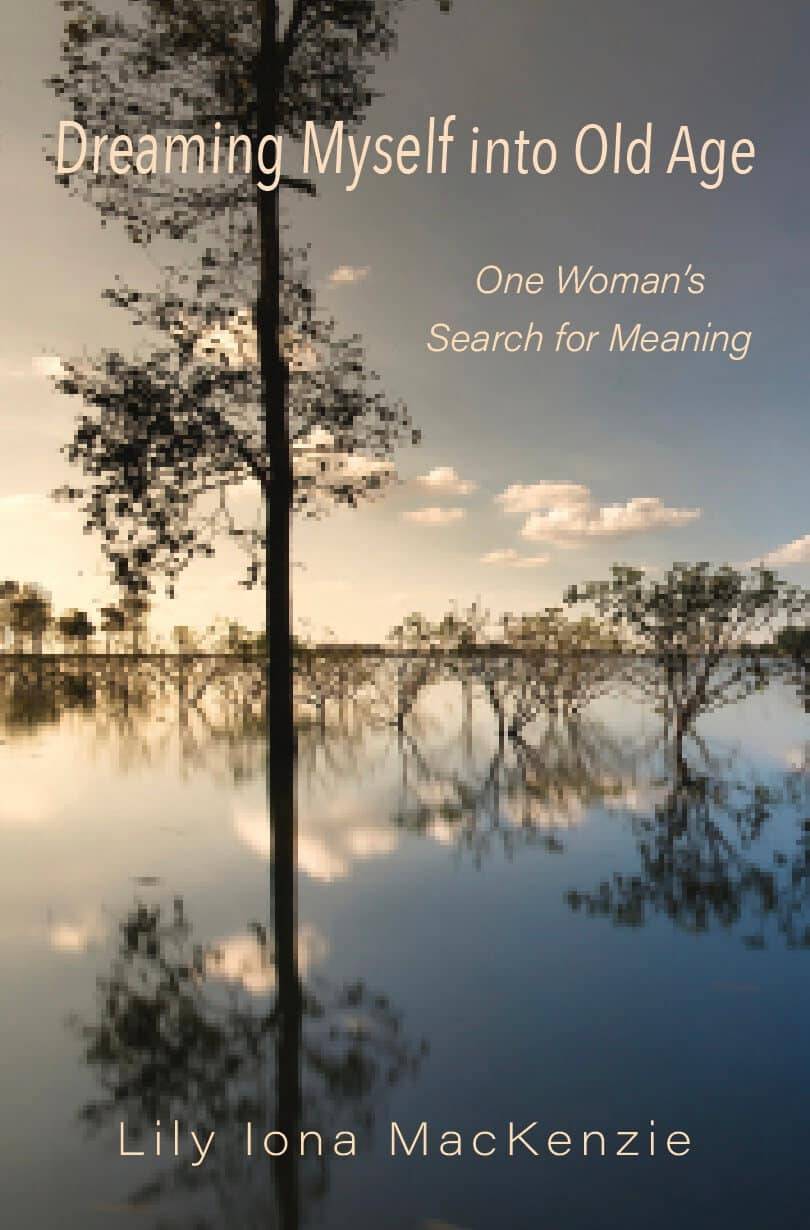
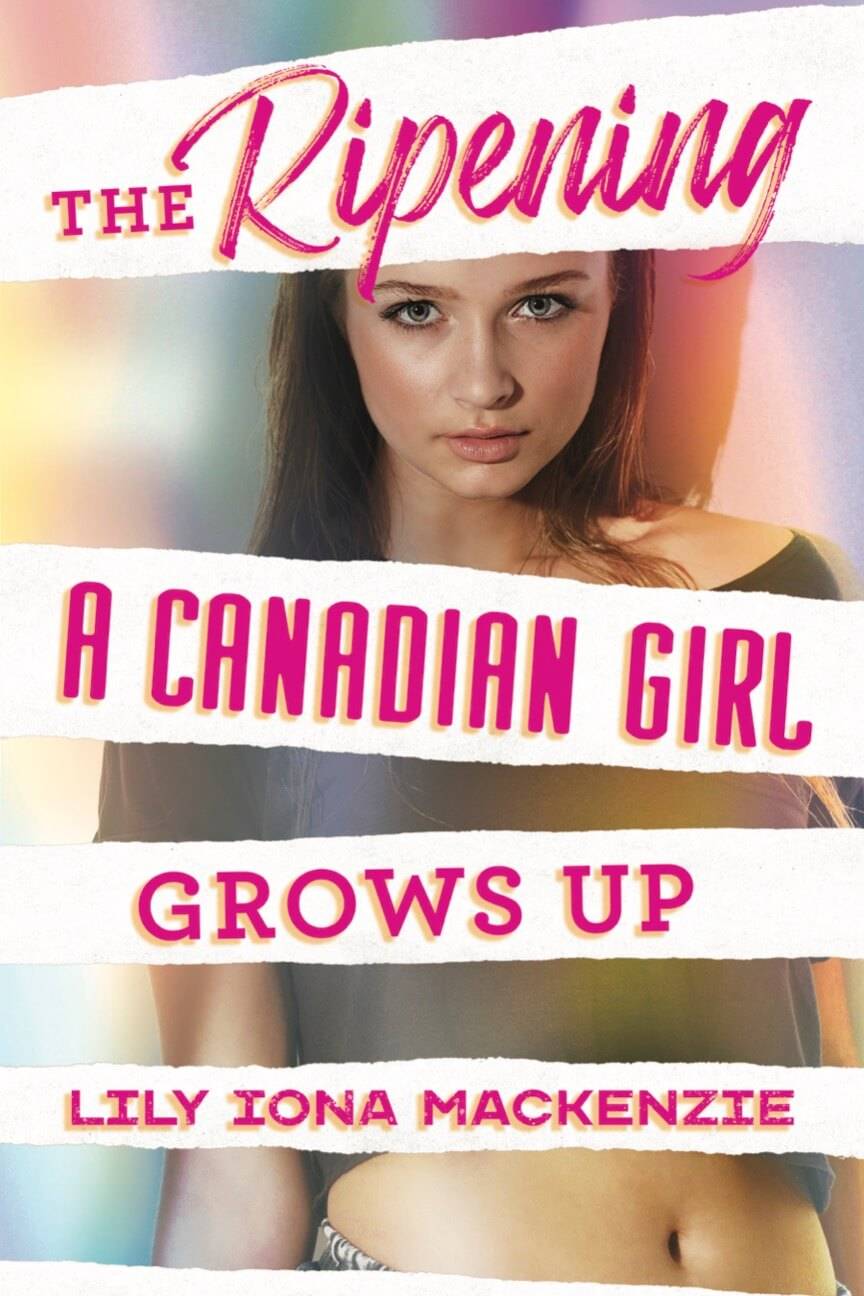
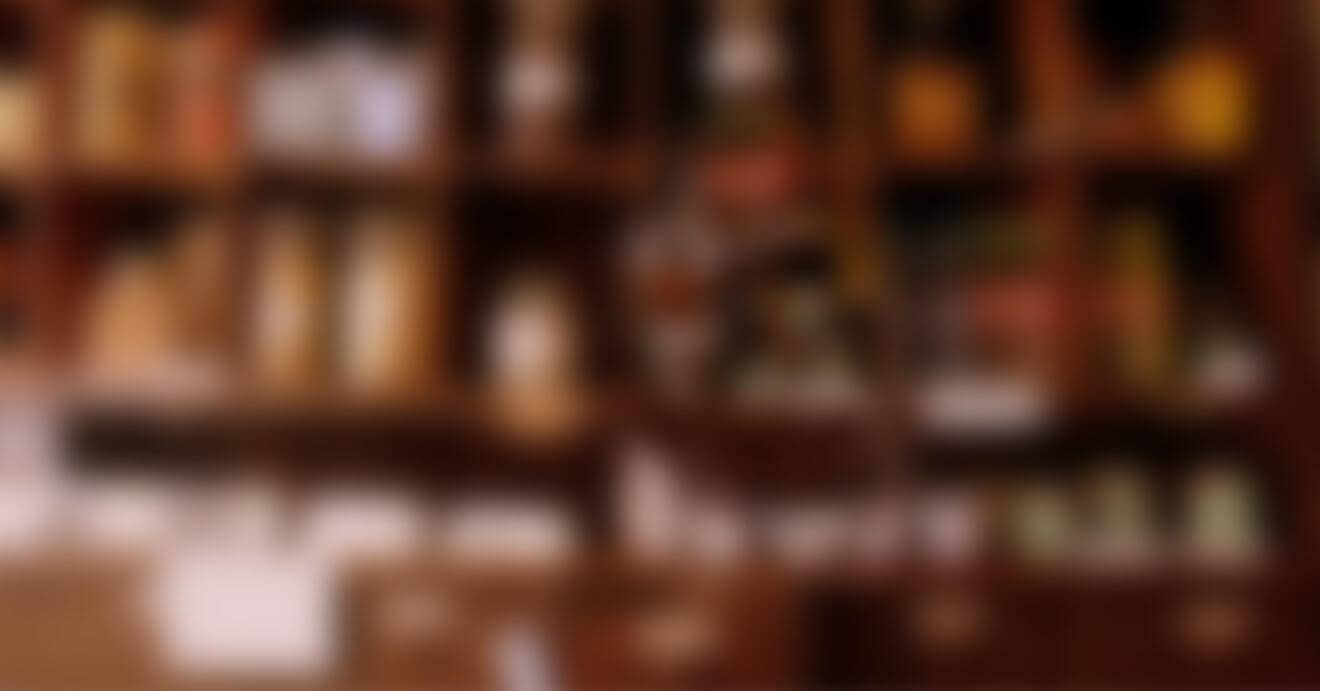
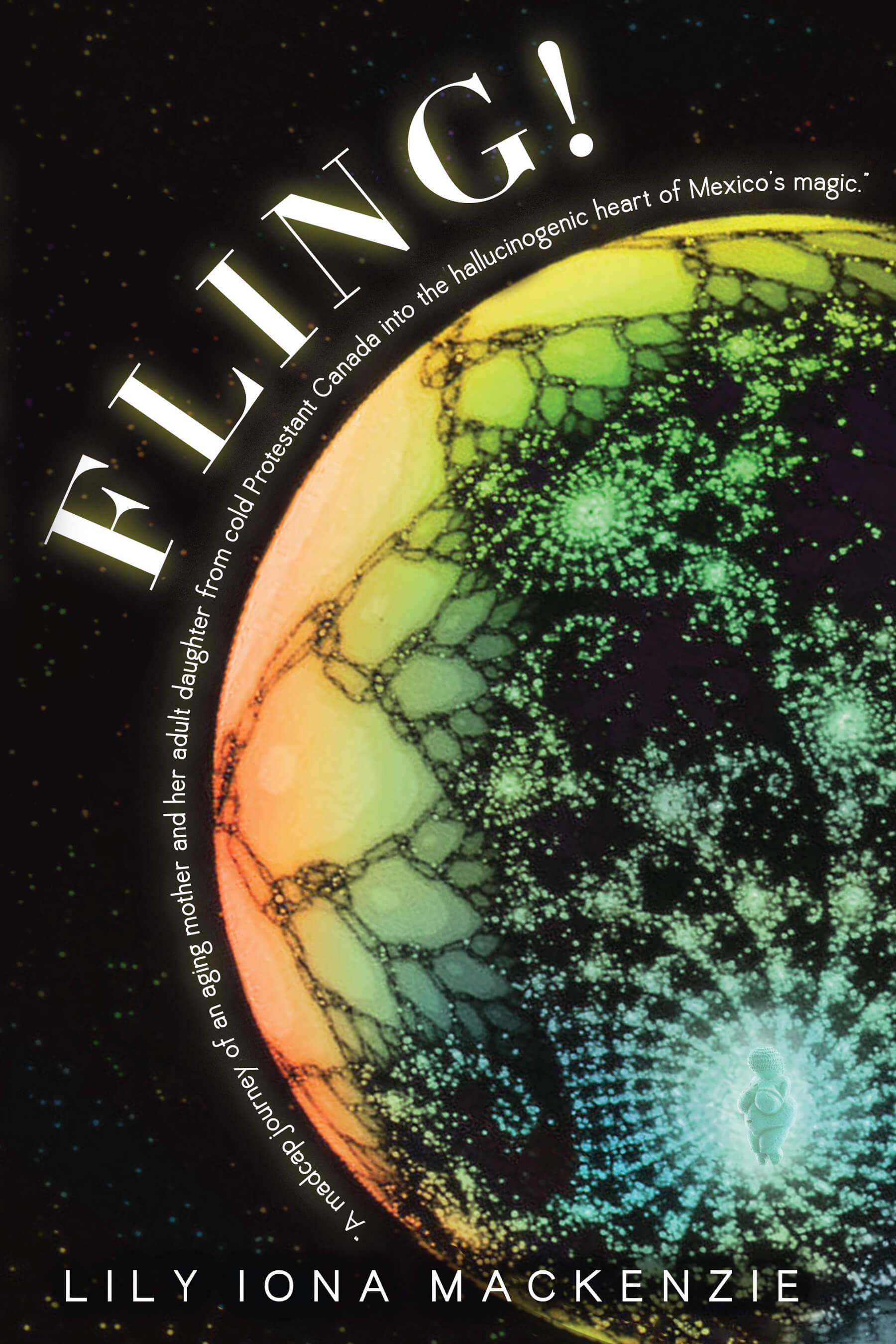
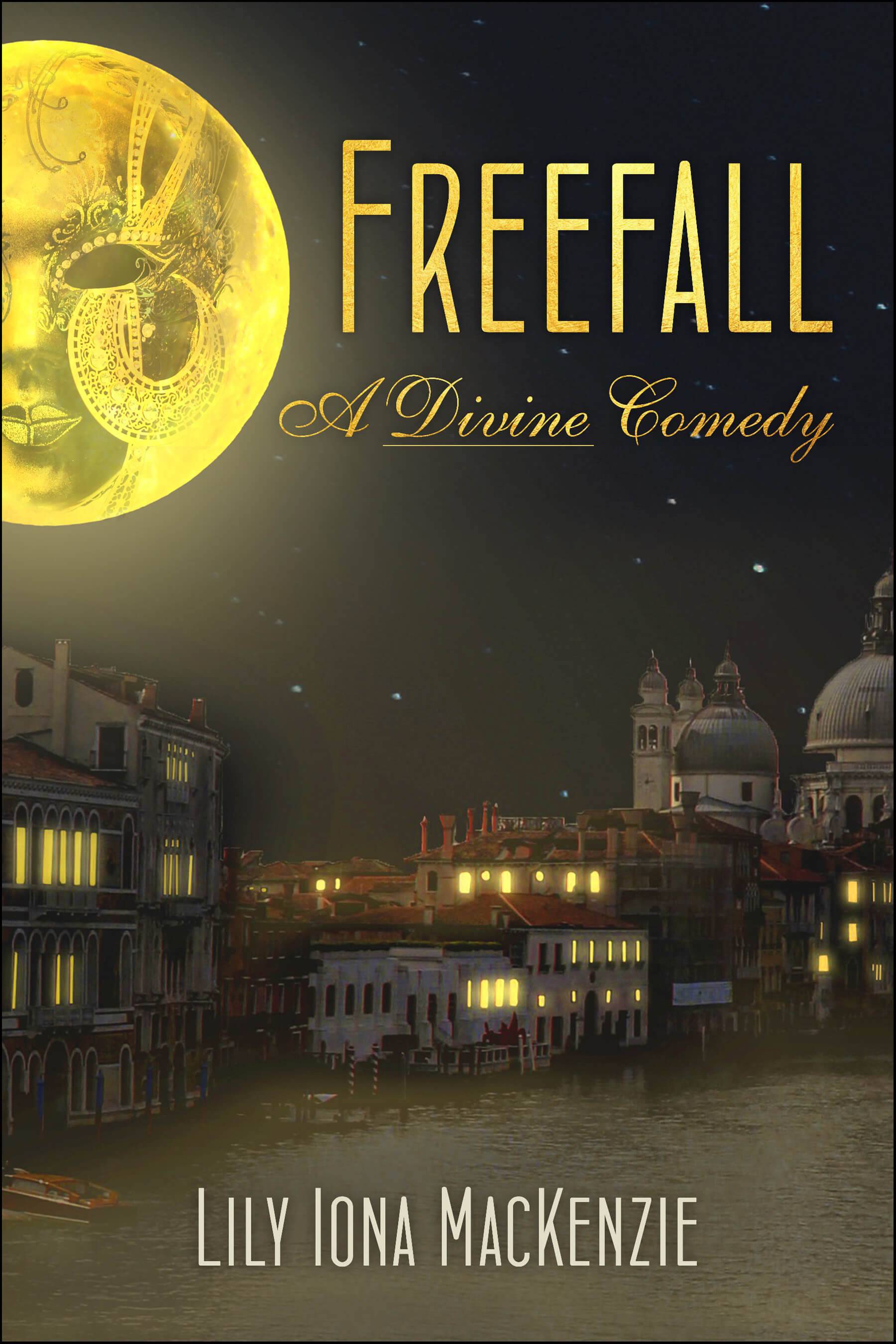

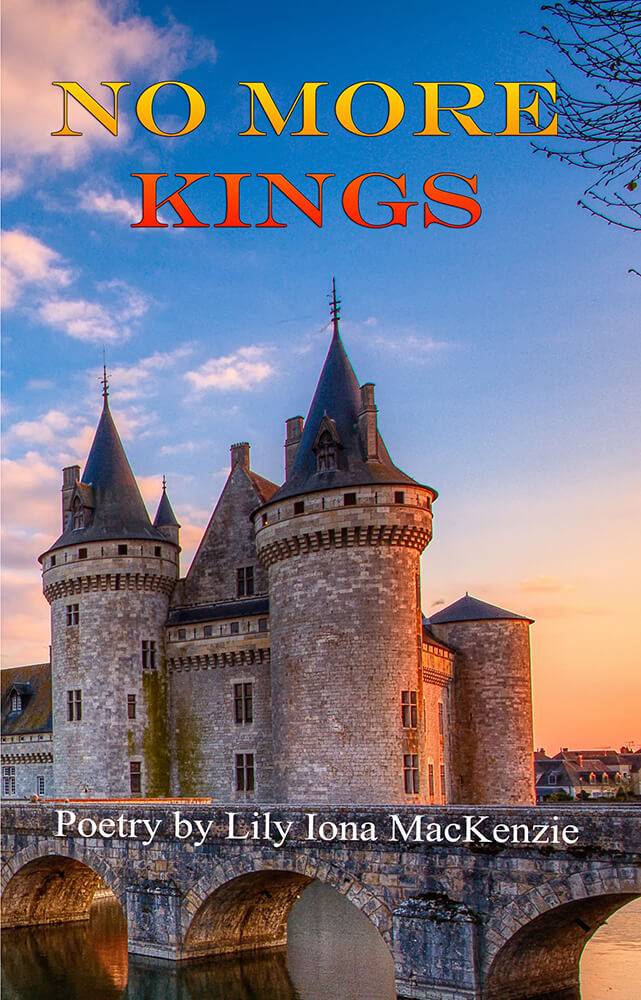


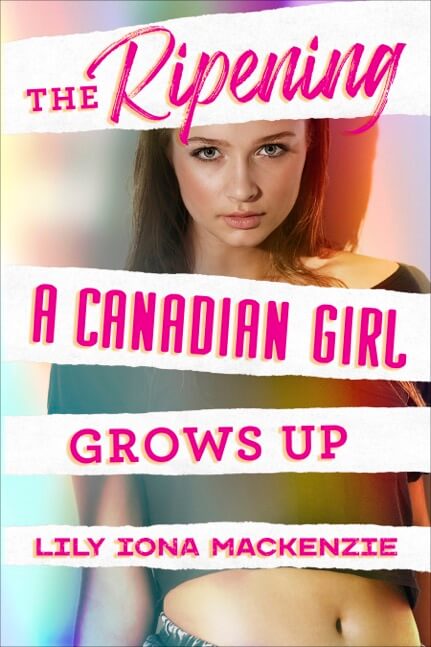

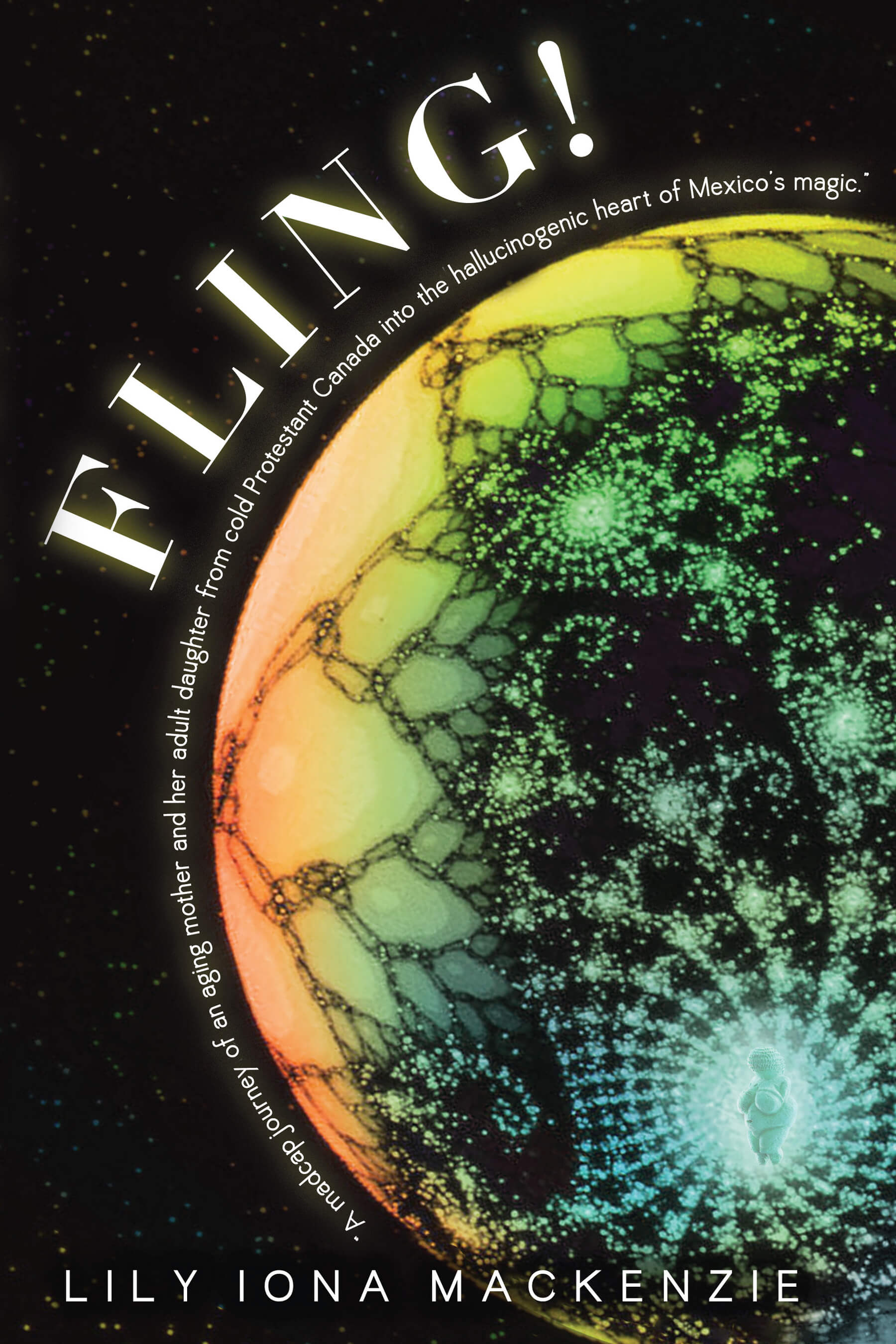
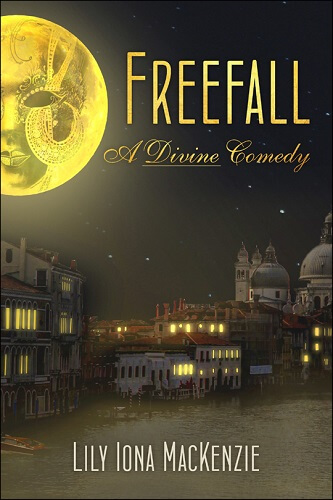
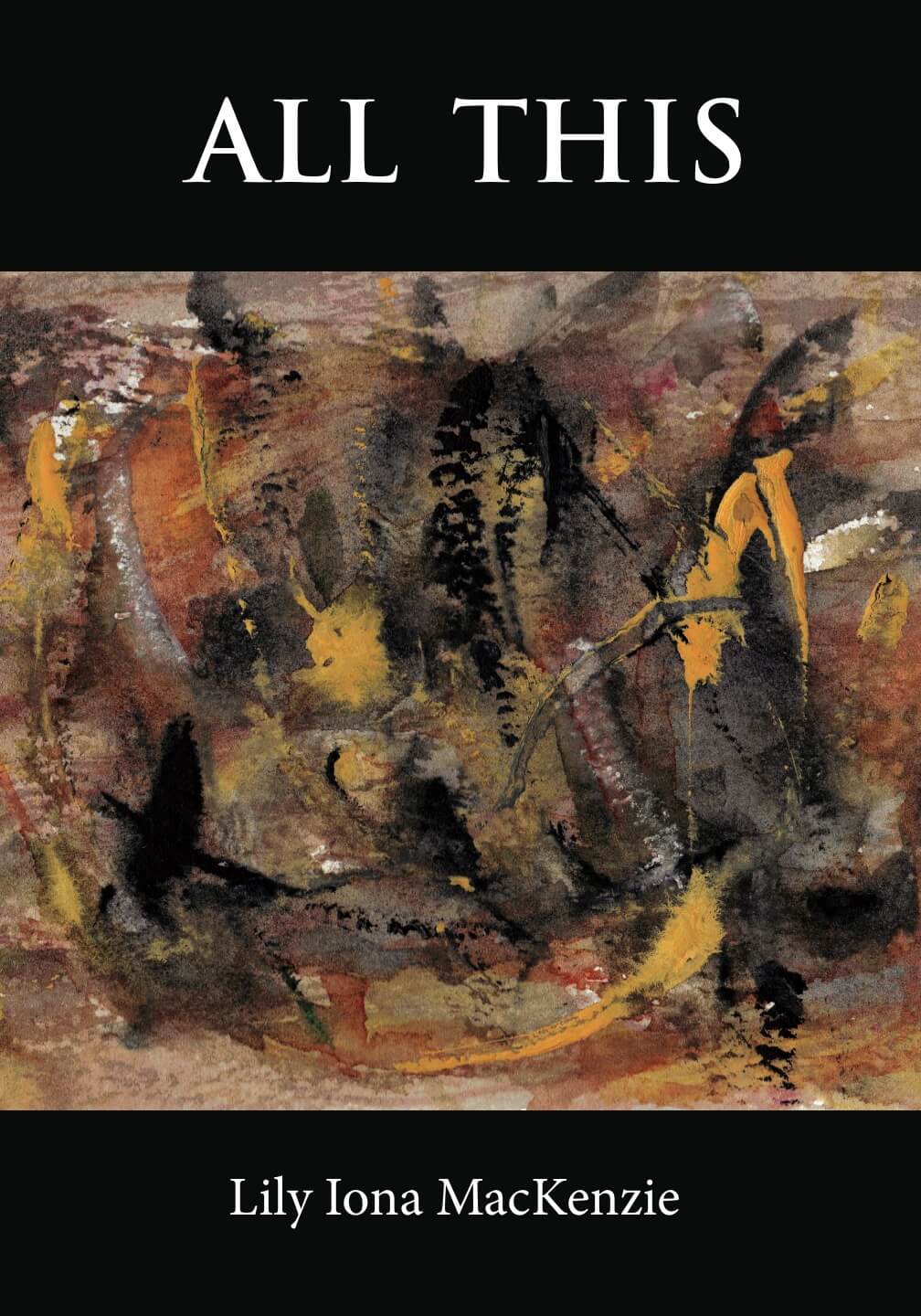

 “Writing is like prostitution. First you do it for the love of it, then you do it for a few friends, and finally you do it for money.” —Molière
“Writing is like prostitution. First you do it for the love of it, then you do it for a few friends, and finally you do it for money.” —Molière In addition to writing adult fiction and non-fiction, I also create pieces for children. Today, I tried to start a children’s story of a girl sleeping in an elegant dollhouse based on a dream image that has stayed with me. But after a few sentences, I felt extremely critical of what I had written. I had to stop. For now. Let it breathe, I said to myself. Let the criticalness soften—fall away.
In addition to writing adult fiction and non-fiction, I also create pieces for children. Today, I tried to start a children’s story of a girl sleeping in an elegant dollhouse based on a dream image that has stayed with me. But after a few sentences, I felt extremely critical of what I had written. I had to stop. For now. Let it breathe, I said to myself. Let the criticalness soften—fall away.  At a recent poetry reading I gave, I was asked if I wrote for a particular ideal reader, something I hadn’t given much thought to. So here is my response to that question, though I’m sure other writers will approach it differently.
At a recent poetry reading I gave, I was asked if I wrote for a particular ideal reader, something I hadn’t given much thought to. So here is my response to that question, though I’m sure other writers will approach it differently.  Ellen Birkett Morris is the author of
Ellen Birkett Morris is the author of  Mimi Herman is the author of The Kudzu Queen, A Field Guide to Human Emotions, and Logophilia. Her novel The Kudzu Queen was selected by The North Carolina Center for the Book for the 2023 Library of Congress “Great Reads from Great Places” program and longlisted for the Center for Fiction First Novel Prize. Her writing has appeared in LitHub, Michigan Quarterly Review, Shenandoah, Crab Orchard Review and many other journals. Mimi is a member of the Board of Directors for the Association of Writers & Writing Programs, a Kennedy Center Teaching Artist, a Warren Wilson MFA alumna, and a Hermitage Artist Retreat Fellow. She directs weeklong Writeaways writing workshops in France, Italy, Ireland, New Mexico and online. For more information visit her at
Mimi Herman is the author of The Kudzu Queen, A Field Guide to Human Emotions, and Logophilia. Her novel The Kudzu Queen was selected by The North Carolina Center for the Book for the 2023 Library of Congress “Great Reads from Great Places” program and longlisted for the Center for Fiction First Novel Prize. Her writing has appeared in LitHub, Michigan Quarterly Review, Shenandoah, Crab Orchard Review and many other journals. Mimi is a member of the Board of Directors for the Association of Writers & Writing Programs, a Kennedy Center Teaching Artist, a Warren Wilson MFA alumna, and a Hermitage Artist Retreat Fellow. She directs weeklong Writeaways writing workshops in France, Italy, Ireland, New Mexico and online. For more information visit her at  writing isn’t going well, and I need to create order somewhere, even if it’s not appearing on the page. I’m an overachiever, so the problem with housekeeping and me is that I’ll start out cleaning the bathtub, and end up replacing the plumbing. As for personal hygiene, you’ll be relieved to know that I tend to keep that up pretty well, no matter how the writing is going.
writing isn’t going well, and I need to create order somewhere, even if it’s not appearing on the page. I’m an overachiever, so the problem with housekeeping and me is that I’ll start out cleaning the bathtub, and end up replacing the plumbing. As for personal hygiene, you’ll be relieved to know that I tend to keep that up pretty well, no matter how the writing is going. One of the best things about being a writer is that you can take your work with you no matter where you go. Of course, this is true now for lots of jobs because of Zoom and the internet and the acceptance of hybrid work. But a writer has always been a
One of the best things about being a writer is that you can take your work with you no matter where you go. Of course, this is true now for lots of jobs because of Zoom and the internet and the acceptance of hybrid work. But a writer has always been a I recently read the book Words as Eggs by Jungian analyst Russell Lockhart. The idea for the work, and the chapter from which the title comes, originated in one of Lockhart’s dreams. A voice in his dream said “Do you not know that words are eggs, that words carry life, that words give birth?” (92).
I recently read the book Words as Eggs by Jungian analyst Russell Lockhart. The idea for the work, and the chapter from which the title comes, originated in one of Lockhart’s dreams. A voice in his dream said “Do you not know that words are eggs, that words carry life, that words give birth?” (92).  A writing friend of mine has papered her bathroom with rejection slips. Viewed in that context, they become less weighty and are put into perspective. As writers, we tend to think of rejections from publishers as negative. But rejections can be gifts in disguise, offering us a way to make lemonade out of lemons.
A writing friend of mine has papered her bathroom with rejection slips. Viewed in that context, they become less weighty and are put into perspective. As writers, we tend to think of rejections from publishers as negative. But rejections can be gifts in disguise, offering us a way to make lemonade out of lemons.  Small presses don’t have the reputation that larger presses do of maintaining high editorial standards. But my experience with these presses, especially Regal House, the one that published
Small presses don’t have the reputation that larger presses do of maintaining high editorial standards. But my experience with these presses, especially Regal House, the one that published  Sometimes I get stuck in feeling I must complete something I’m working on. Or must make a scene into a story rather than just letting myself have fun with the writing. I get too bogged down in the heavy stuff of being a writer. I’ve discovered that to get unstuck, I need to push aside my concerns and just write whatever is surfacing in the moment that wants to be heard. That freedom then allows me to dig into a draft I’ve gotten stuck in and usually enables me to make progress again.
Sometimes I get stuck in feeling I must complete something I’m working on. Or must make a scene into a story rather than just letting myself have fun with the writing. I get too bogged down in the heavy stuff of being a writer. I’ve discovered that to get unstuck, I need to push aside my concerns and just write whatever is surfacing in the moment that wants to be heard. That freedom then allows me to dig into a draft I’ve gotten stuck in and usually enables me to make progress again.  I continue to learn from the journals I kept almost 40 years ago.
I continue to learn from the journals I kept almost 40 years ago. I’ve been rereading journals I wrote almost 40 years ago that still have relevance. I had attended a writing workshop at Wellspring, a former retreat center in Philo, CA. The property had the Navarro River passing through it, as well as several rustic but delightful cabins for guests. For me, the focus on writing was important, but my main reason for being there was the exposure to nature. I was enjoying my time at this Wellspring workshop and being immersed for the weekend in nature.
I’ve been rereading journals I wrote almost 40 years ago that still have relevance. I had attended a writing workshop at Wellspring, a former retreat center in Philo, CA. The property had the Navarro River passing through it, as well as several rustic but delightful cabins for guests. For me, the focus on writing was important, but my main reason for being there was the exposure to nature. I was enjoying my time at this Wellspring workshop and being immersed for the weekend in nature.  My interest in fairy tales has been revived from reading my journals from forty years ago. At that time, I was investigating the art fairy tale. The Grimm’s fairy tales grew out of the oral tradition, but ones that Hans Christian Andersen and others wrote are part of the art fairy tale genre. I was interested then in exploring that mode in my own writing. I’d discovered that some of the stories I’d created fit there. Discovering this accepted category had heartened me to be do more of them and to believe in their worth.
My interest in fairy tales has been revived from reading my journals from forty years ago. At that time, I was investigating the art fairy tale. The Grimm’s fairy tales grew out of the oral tradition, but ones that Hans Christian Andersen and others wrote are part of the art fairy tale genre. I was interested then in exploring that mode in my own writing. I’d discovered that some of the stories I’d created fit there. Discovering this accepted category had heartened me to be do more of them and to believe in their worth.  Michael Bourne is the author of
Michael Bourne is the author of  Yes. And that’s why I chose this topic.
Yes. And that’s why I chose this topic.






